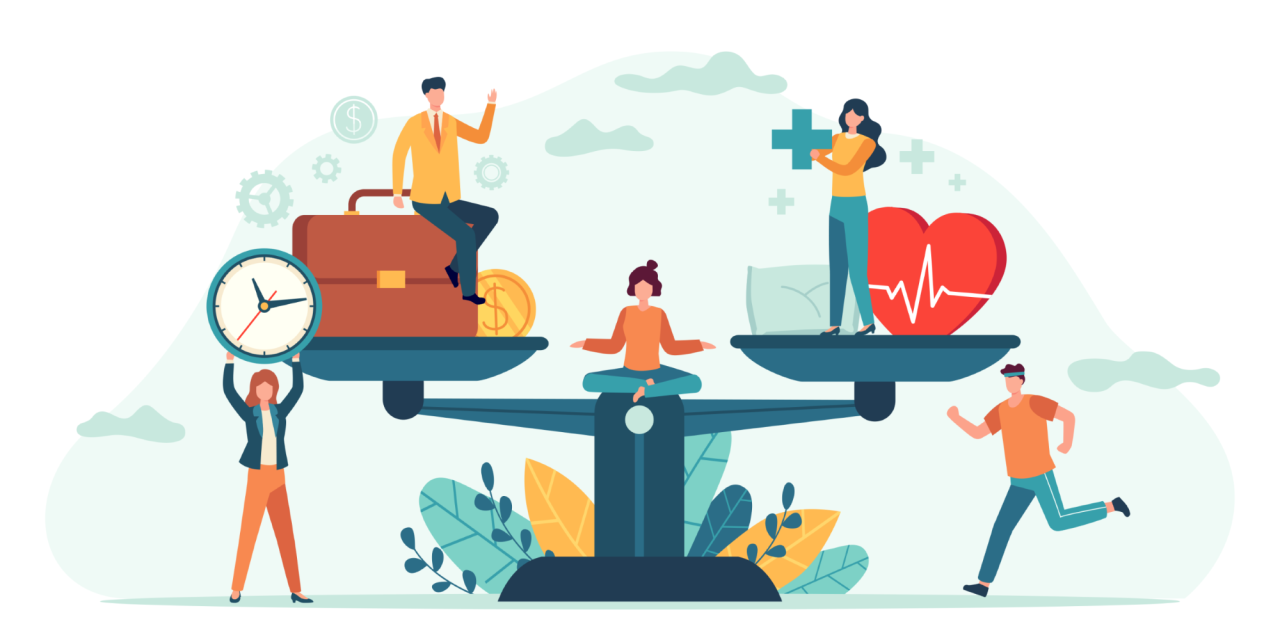The future of work is a projection of how work, workers and the workplace will evolve in the years ahead. It is about how the work is done, who does the work, when & where that work is done. In short, it is about more than just space: it is about how we live and learn too. Reducing our focus to the workplace reduces our focus on the bigger pictures and disables us from reaching the new horizon of what work has to offer.
Raphael Gielgen, Trendscout for Future of Work Life & Learn at Vitra, informs Vitra’s approach to improving the quality of offices and public spaces through the power of design by serving the wider team with the results of his observations and cognitions by trend clusters, market analysis and business cases.
The relevance of companies in the future will heavily depend on collective values. Achieving this will rely on creating companies and building workforces that enable collaboration and knowledge to drive innovation and economic growth.
Depends where you live.
For some the future holds going back to the office full-time, for others there is an opportunity to work from home for three or four days a week - or maybe even fully remote. Currently, this heavily depends on where you live, the country/ region and how advanced the company is. WFH is particularly high in technology and is also more concentrated in bigger cities.
However, whilst workers value for choice and flexibility has risen, cities are losing their attractiveness.
As companies decide how to position themselves physically and in the cloud, those that understand this shift will be best positioned to retain and attract the best talent.
Remote-first imperative.
Companies have began viewing the time zone as the working zone rather than the city or country. In Europe, most countries share the same time zone which has widened the pool of talent available to companies.
“It is more important to get the best match for the job rather than someone living in close proximity.”
Workers appreciate the freedom to be in control of their own time both in and out of work and remote-first, where possible, will become imperative. It is less important if a company doesn’t have a physical HQ but to succeed in the future companies will need the elasticity and resilience which can be achieved through remote-first strategies.
The new economy.
The biggest challenge facing us in the future of work is how we transition to the new economy.
“The fact is, there’s no room for the unknown in a predictable life. But being predictable is not how the unknown works. The unknown is unfamiliar, uncertain - but it’s also exciting… So let me ask you: how much room in your routine, predictable life do you have for the unknown?”
Becoming Supernatural, Joe Dispenza
The new economy was seen as a shift away from manufacturing and commodity-based trade to an economy that is dominated by technology to create new products and services at a rate that is significantly faster than a traditional manufacturing-based economy could sustain.
“In the old world - Europe and the States - the transformation into the new economy [where we will gain every second dollar in the future from new products or services] is the biggest challenge facing us. We are entering a phase of reinventing business models and building new businesses and for this we have to reinvent the way we work together - it is like learning a new language.”
For knowledge-work, the office as we know it was a product for the financial industry - the buildings of tomorrow will have a user-first perspective. This will create a new type of real estate asset class suitable to the needs of the new economy.
This article is part of ‘Future of Work’ - a series of guest articles discussing the latest ideas and insights around the future of work with key figures pioneering the future.
Biography:
Raphael Gielgen is a Trendscout for Future of Work Life & Learn at Vitra. He has spent most of his professional life working on making the office environment a better place. His work is also concerned with ‘neo-ecology’: how this evolution will change our economic system?
His curiosity for architecture, technology and social change in the context of working environments is his fuel - always connected to the question of how the global working world is changing and what impact it has on existing business models.
